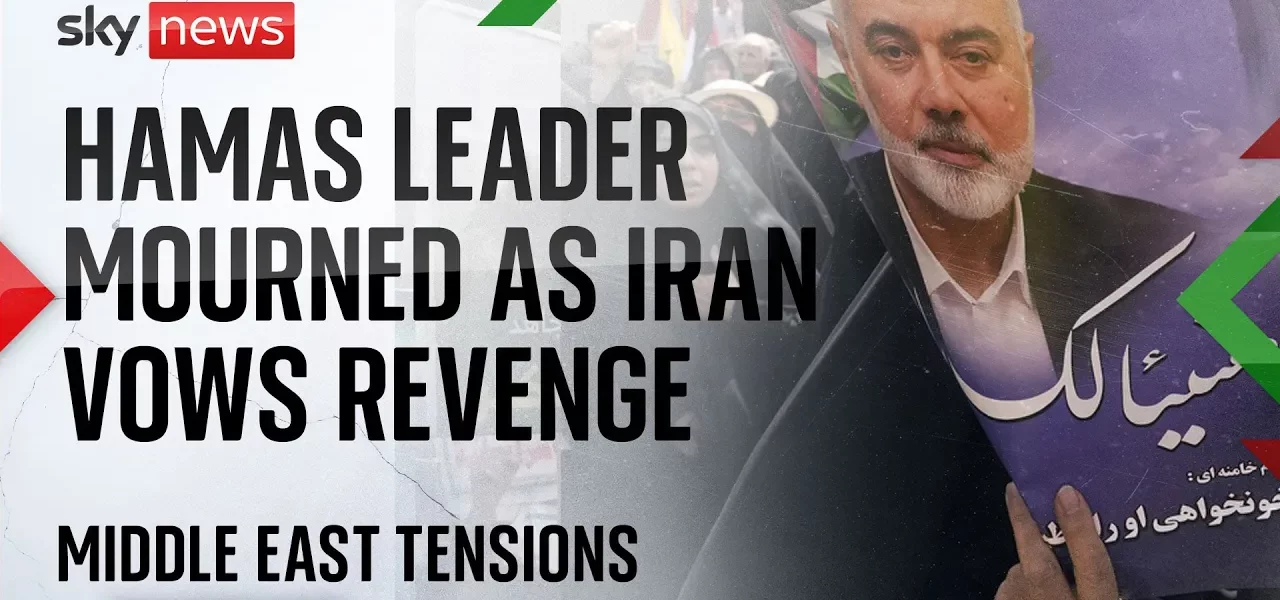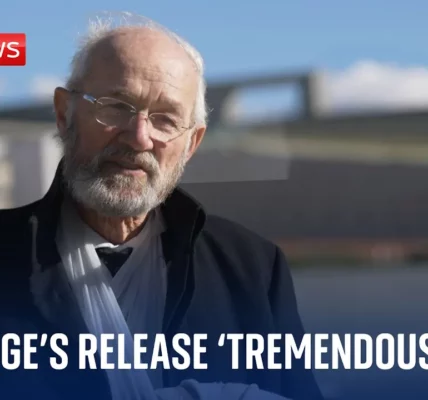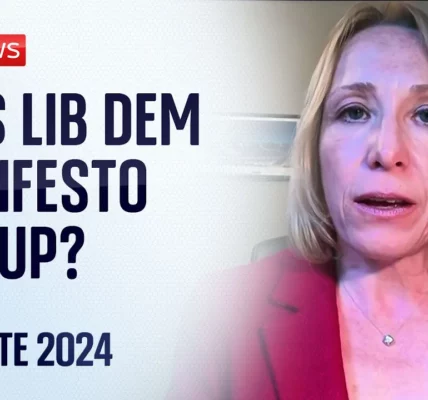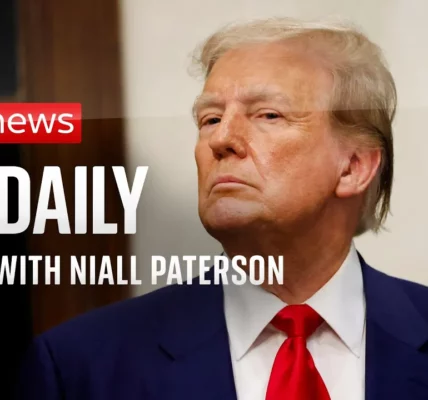Iran’s Response to Ismael Hania’s Assassination and Regional Tensions

The assassination of Ismael Hania, the Hamas leader, has ignited a wave of fury in Iran and stirred significant regional tensions. This article delves into the implications of this event, the responses from Iran and Hezbollah, and the broader geopolitical landscape that is evolving in the aftermath.
Introduction
The recent assassination of Ismael Hania in Tehran has not only shocked the Iranian capital but has also raised alarms across the Middle East. Tens of thousands gathered to mourn Hania, a figure many believed could facilitate negotiations for peace in Gaza. His death, resulting from an audacious attack, has prompted a furious reaction from the Iranian government, which views the incident as a violation of its sovereignty and a significant intelligence failure. This article explores the layers of this complex situation, the reactions from various stakeholders, and the potential implications for regional stability.
The Assassination of Ismael Hania
Ismael Hania was a prominent leader within Hamas, and his recent assassination has sent shockwaves through the region. The attack, which utilized an explosive device smuggled into his accommodation in Tehran, raises questions about security and intelligence capabilities in Iran.
Details of the Attack
Reports indicate that the explosive device was hidden and went unnoticed for nearly two months, highlighting potential lapses in security protocols. The implications of such a breach are severe, leading to a reassessment of Iranian intelligence operations.
Public Reaction in Iran
- Massive gatherings in Tehran to mourn Hania
- Expressions of anger towards perceived foreign aggressors
- Calls for retaliation against those responsible for the assassination
Iran’s Stance and Supreme Leader’s Warning
The Iranian Supreme Leader has openly condemned the assassination as an affront to Iranian sovereignty, emphasizing that it will not go unanswered. This rhetoric signifies a potential shift towards a more aggressive foreign policy stance.
Geopolitical Ramifications
The attack is viewed not only as a direct assault on Iran but also as a catalyst for broader confrontations in the region, involving several key players.
Increased Military Readiness
Iran’s military and political leadership are preparing for potential escalations. The following points illustrate their strategic considerations:
- Heightened military readiness across the country
- Increased collaboration with allied groups in the region, such as Hezbollah
- Potential responses involving asymmetric warfare tactics
Hezbollah’s Reaction and Regional Tensions
Simultaneously, the assassination coincided with the funeral of a key Hezbollah commander in Beirut, killed by Israeli forces. This has further inflamed sentiments within Hezbollah, a critical ally of Iran.
Hezbollah’s Position
Hezbollah’s leadership has indicated that they are poised for retaliation. Statements from their leaders suggest that the group is ready to escalate military actions against perceived threats.
Potential for Broader Conflict
The potential for conflict involves multiple fronts:
- Gaza, with ongoing hostilities and the possibility of intensified conflict.
- South Lebanon, where Hezbollah may mobilize against Israel.
- Yemen and Iraq, where Iranian-backed groups could engage in retaliatory actions.
International Reactions and Diplomatic Efforts
In response to the escalating tensions, international actors are stepping in to mitigate conflict. The British Foreign Secretary’s recent visit to Beirut highlights the urgency of the situation.
Efforts to De-escalate Tensions
Countries are advocating for calm and restraint among regional powers. Key points include:
- Warning citizens in Lebanon to leave due to rising risks.
- Engaging in dialogues with various factions to prevent an all-out war.
- Emphasizing the importance of stability for regional and global security.
Israel’s Preparedness for Escalation
The Israeli government has responded to the recent developments by enhancing its military readiness. Prime Minister Netanyahu has gathered his security team to prepare for various scenarios that may arise from the current tensions.
Defensive and Offensive Strategies
Israel’s approach includes:
- Strengthening defenses along the northern border with Lebanon.
- Preparing for possible retaliatory strikes from Hezbollah.
- Maintaining a high level of operational readiness across military units.
Conclusion
The assassination of Ismael Hania has triggered a complex web of reactions across the Middle East, with Iran and Hezbollah poised for potential retaliation against Israel. The situation remains fluid, and the international community’s efforts to mediate will be crucial in preventing a larger conflict. As tensions escalate, it is essential for all parties involved to seek dialogue and restraint to avoid a regional crisis. We encourage readers to stay informed about these developments and consider the broader implications of such geopolitical events.
“`




